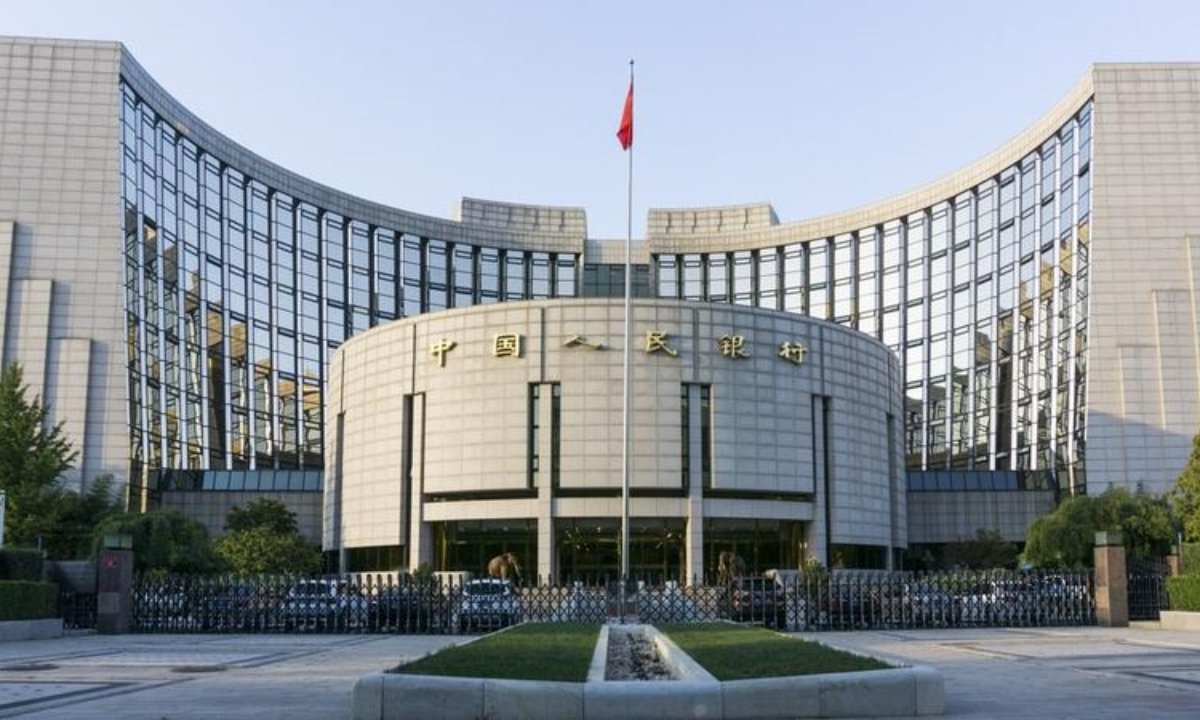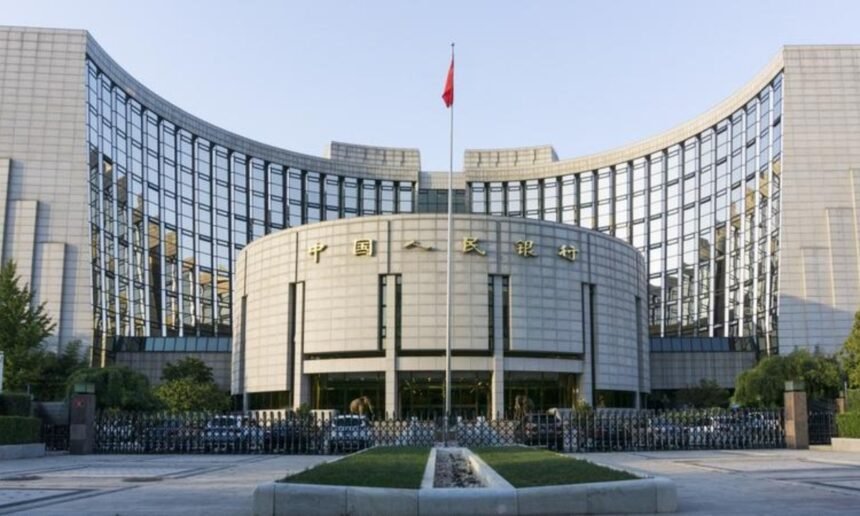
The headquarters of the People’s Bank of China in Beijing Photo: IC
China and Egypt signed a memorandum of understanding (MoU) on Thursday to enhance bilateral financial collaboration, promoting local currency settlement, central bank digital currency, and digital innovation, China’s central bank said on Friday.
The signing of the financial collaboration agreement was witnessed by Chinese Premier Li Qiang and Egyptian Prime Minister Mostafa Kamal Madbouly during Premier Li’s visit to Egypt.
Li said on Thursday that China is willing to work with Egypt to optimize the development of bilateral trade and create more highlights of cooperation as well as new drivers of economic growth, according to the Xinhua News Agency on Friday.
The two countries can expand cooperation in emerging fields such as new energy, electric vehicles, artificial intelligence and digital economy, Li said during his meeting with the Egyptian prime minister.
The MoU aims to strengthen bilateral financial cooperation, including business exchanges and information sharing in areas such as monetary policy frameworks, financial markets, and payment systems, according to the official website of People’s Bank of China, China’s central bank on Friday.
It will also enhance local currency settlement cooperation to promote the use of local currencies in current account transactions and direct investment between the two countries; and deepen central bank digital currency and digital innovation cooperation, including information exchange and project cooperation, the central bank said.
This arrangement will help strengthen exchanges, cooperation, and policy coordination in the areas of competence of both sides, and create a better environment for further unleashing the potential of financial cooperation between the two countries, the central bank said.
During a meeting in Egypt with Hassan Abdullah, governor of the Central Bank of Egypt, China’s central bank governor Pan Gongsheng said China and Egypt have maintained strong cooperation momentum in financial, economic, and trade fields, with steady growth in bilateral trade.
Given external uncertainties, Pan emphasized the need to deepen practical cooperation in areas such as bilateral local currency swaps and settlements, payment and settlement system interoperability, financial market investment and financing, and the mutual establishment of financial institutions.
Global Times





















